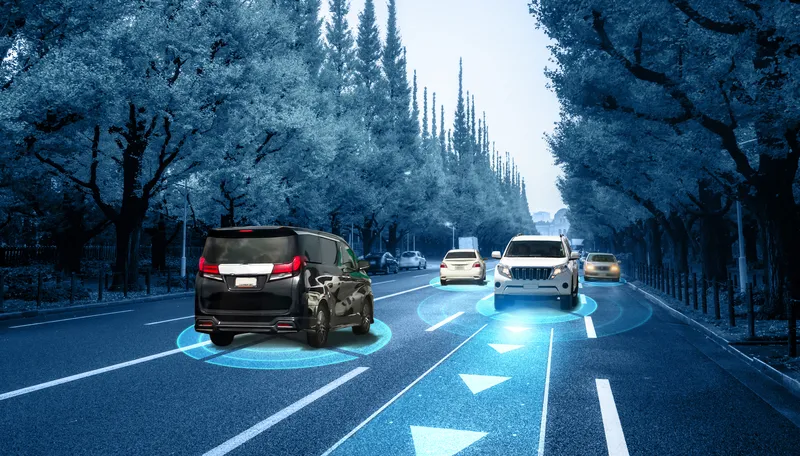Bus manufacturer New Flyer of America has partnered with Robotic Research to develop driverless bus technology.
The partners will deploy advanced driver assistance systems (ADAS) in heavy-duty transit bus applications.
New Flyer says the partnership supports the
Both companies will seek to develop an Xcelsior Charge battery-electric bus equipped with SAE Level 4 ADAS technology which, according to New Flyer, allows a vehicle to perform all driving tasks autonomously while monitoring the driving environment.
The technology will be tested at unspecified Robotic Research facilities in late 2019, with closed course operation anticipated for 2020. A trained safety attendant will remain on board to evaluate the demonstration.
New Flyer and Robotic Research partner on driverless buses
Bus manufacturer New Flyer of America has partnered with Robotic Research to develop driverless bus technology.
The partners will deploy advanced driver assistance systems (ADAS) in heavy-duty transit bus applications.
New Flyer says the partnership supports the Federal Transit Administration’s plan to assess potential risks, barriers and mitigation strategies associated with the implementation of automation technologies in transit buses.
Both companies will seek to develop an Xcelsior Charge battery-e
May 21, 2019
Read time: 1 min







